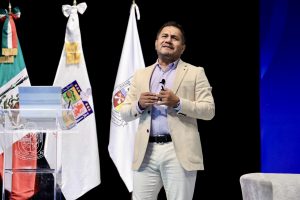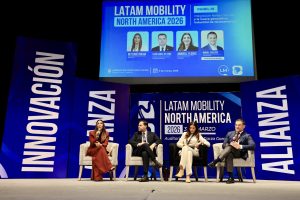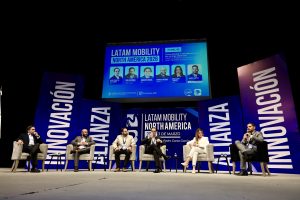
Presentation of Mexico City’s Environmental Self-Regulation and Electromobility Program
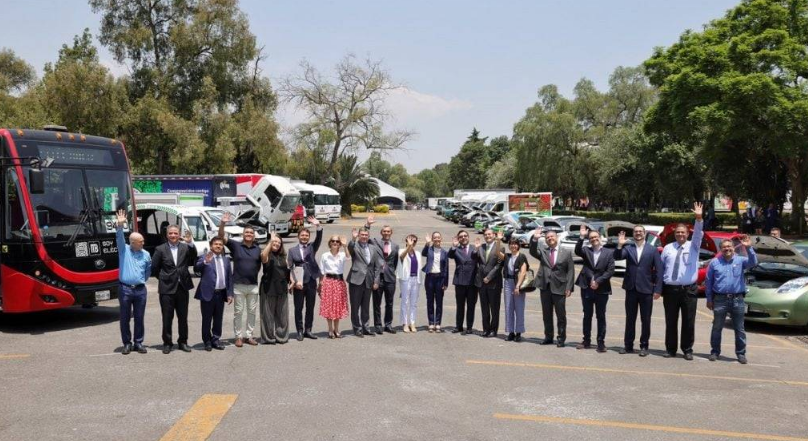
On June 5, the United Nations Environment Program (UNEP), the world’s largest platform for environmental education, declared World Environment Day 50 years ago.
To mark this important date, the Mexico City government presented the Environmental Self-Regulation and Electromobility Program, which seeks to promote the use of electric or hybrid automobiles in the delivery of goods by large companies.
Mexico City is a pioneer in environmental matters by implementing actions that avoided the emission of more than 2,169,765 tons of greenhouse gases per year, equivalent to 98 percent of the goal set for 2024.
The plan consists of a commitment by companies to set goals for reducing greenhouse gas emissions. The authorities of the Mexican capital set out a road map for revegetation, a strategy that has allowed the return of migratory birds and the recovery of the endemic bird population.
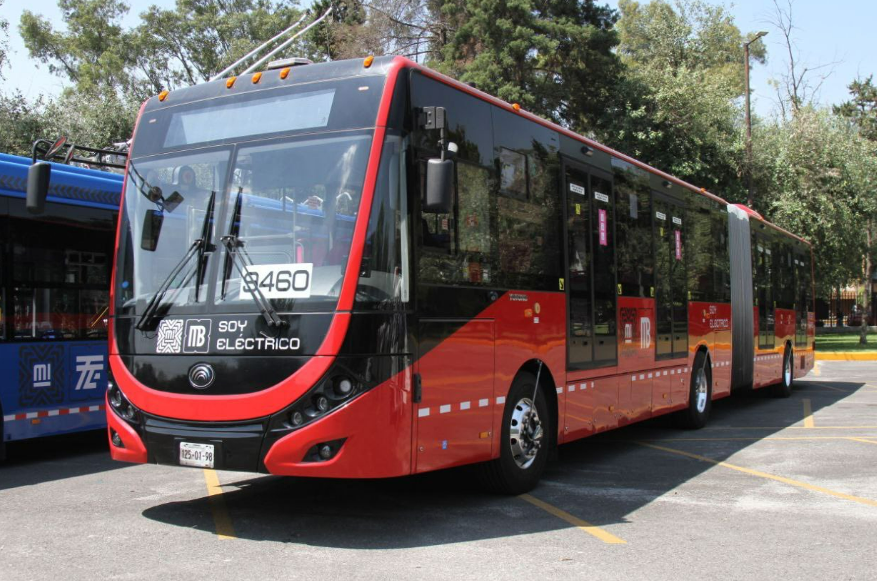
Key Private Sector
During the presentation of the program, the Ministry of the Environment highlighted the role of private companies in the commitment to transition 5% of their fleet to electrified vehicles each year.
Among the companies adhering to the plan are Grupo Bimbo, British American Tobacco, FEMSA, Grupo Modelo and Megaflux, which reaffirmed their commitment to expand electric technology in their last-mile vehicles.
According to the city’s environmental secretary, 520 electric units are registered in the program to date. It is worth mentioning that the sum of the fleets would reach a total of 2,500 units.
The Mexico City government also urged technology developers to challenge the mass production of the electric motorcycle cab prototype in order to reduce production costs, for which exhaustive research stages are required.




